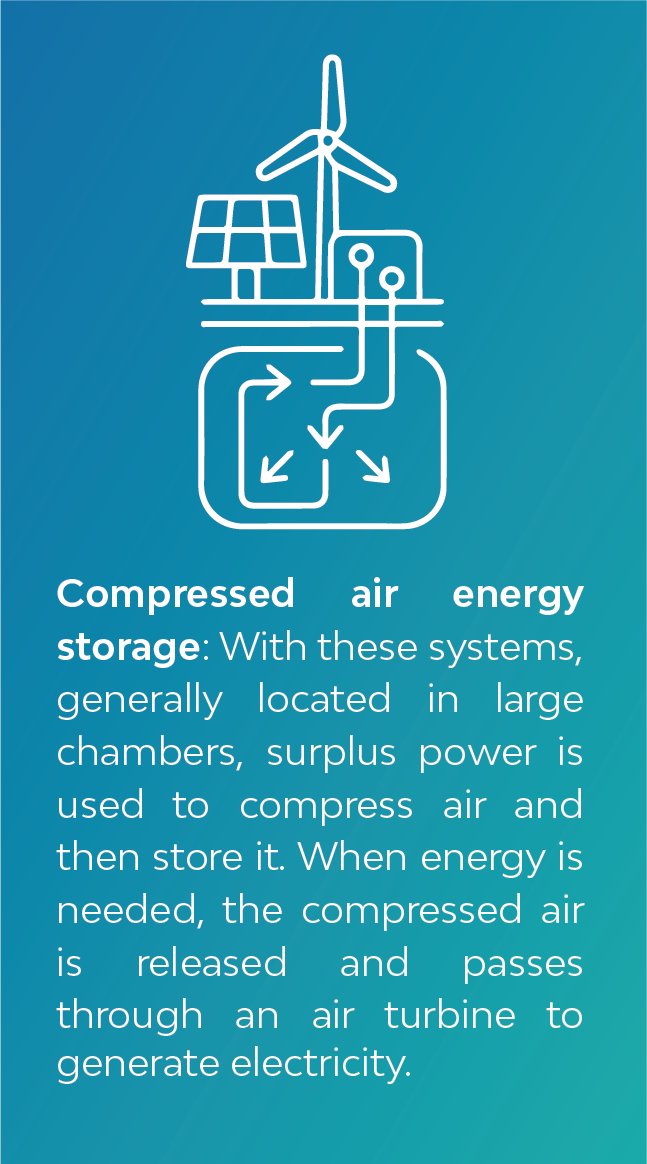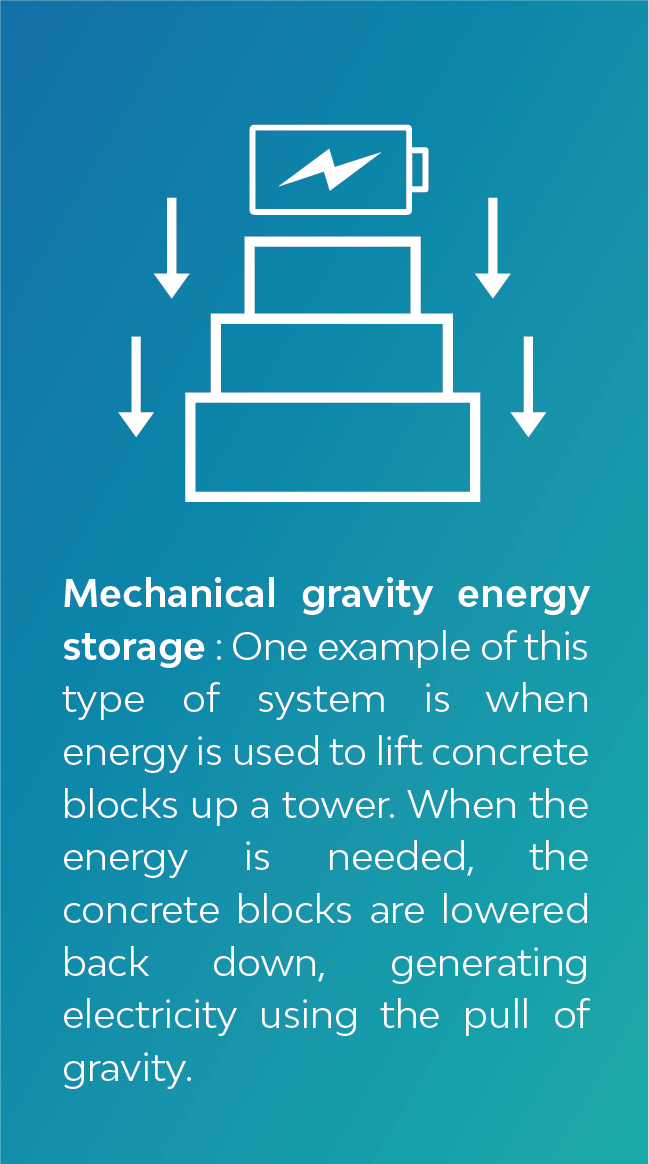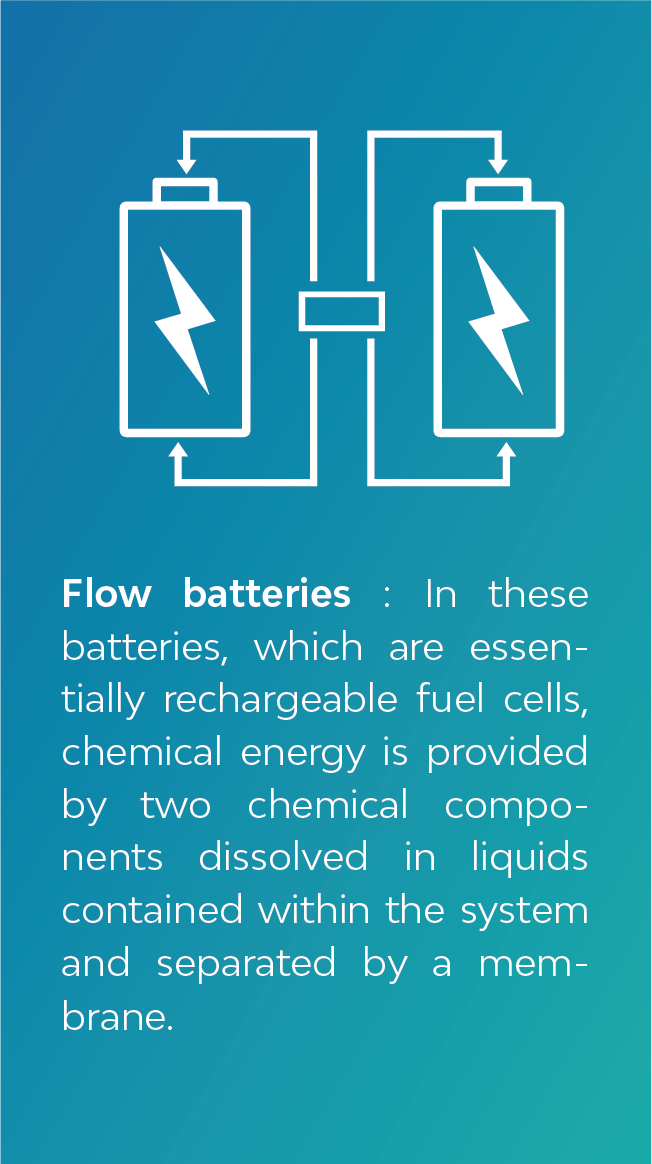What is battery storage?
Battery storage technologies are essential to speeding up the replacement of fossil fuels with renewable energy. Battery storage systems will play an increasingly pivotal role between green energy supplies and responding to electricity demands specially in areas where the grid is not yet properly developed.
Battery storage, or battery energy storage systems (BESS), are devices that enable energy from renewables, like solar and wind, to be stored and then released when customers need power most.
Lithium-ion batteries, which are used in mobile phones and electric cars, are currently the dominant storage technology for large scale plants to help electricity grids ensure a reliable supply of renewable energy.
Why is battery storage important and what are its benefits?
Battery storage technology has a key part to play in ensuring homes and businesses can be powered by green energy even when the sun isn’t shining, or the wind has stopped blowing.
For example, the Europe has the largest installed capacity of offshore wind in the world, but the ability to capture this energy and purposefully deploy it can increase the value of this clean energy; by increasing production and potentially reducing costs.
Wind Infinity teams and clients work closely together with electricity grids worldwide but the key target is that we must match supply with demand. Managing these peaks and troughs becomes more challenging when the target is to achieve net zero carbon production, by phasing out fossil fuel plants that have traditionally been used as a back-up to provide a reliable, steady supply of energy.
Wind Infinity believes that technologies like battery storage systems – supporting the integration of more low-carbon power, heat and transport technologies – could save the world energy system hundreds of billions of euros by 2050, ultimately reducing people’s energy bills.









